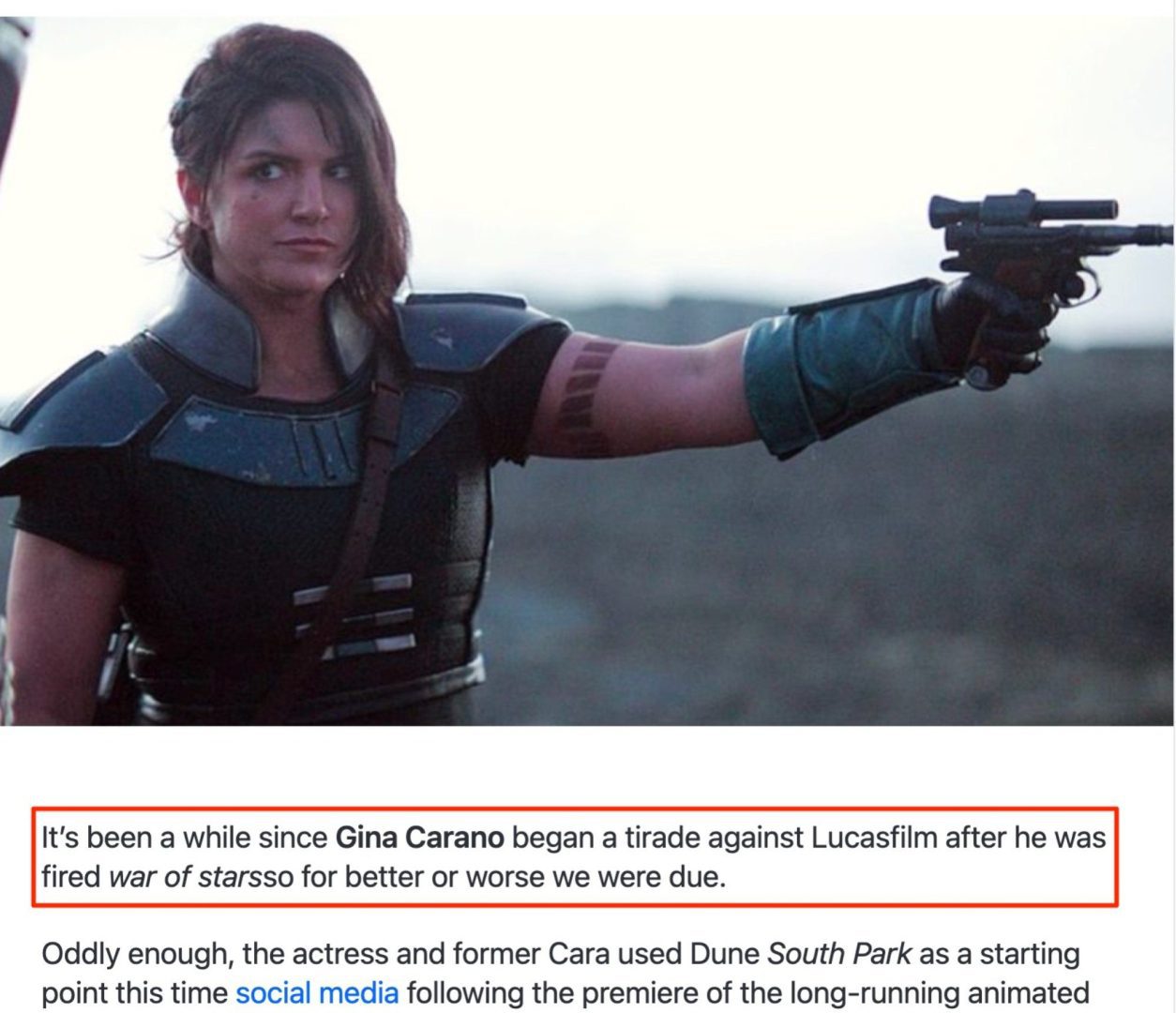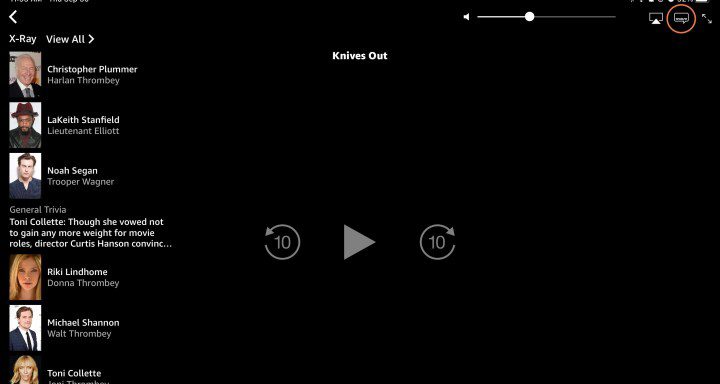Epic plans to launch its own iOS storefront in the EU this year
Epic games Apple has finally reinstated its iOS developer account in the European Union. This means that the developer plans to launch a digital storefront for iOS devices this year. More importantly, it will allow users to easily download Fortnite on iPhones. The company revealed that it would in January, but it was unclear whether […]

Epic games Apple has finally reinstated its iOS developer account in the European Union. This means that the developer plans to launch a digital storefront for iOS devices this year. More importantly, it will allow users to easily download Fortnite on iPhones.
The company revealed that it would in January, but it was unclear whether Apple would grant it a developer account. This account makes it much easier for developers to distribute apps and content across Apple’s various platforms.
Fortnite will return to iOS in Europe in 2024, distributed by the next @EpicGames Store for iOS. Stay tuned for more details as we determine the regulatory timeline. We will continue to argue to courts and regulators that Apple is breaking the law. https://t.co/MHh6EGVinC
– Epic Games Newsroom (@EpicNewsroom) January 25, 2024
This is all due to the new European law on digital markets, which officially comes into force on March 7. The law designates large services as “gatekeepers,” such as Apple’s App Store, and orders them to become interoperable with competing products to remain in compliance. As for the app in this case, the DMA will force all developers to accept payments and distribute apps on iOS outside of the official App Store. Apps sold through a third-party sales platform must always be approved by Apple, through the company’s notarization process, to detect and remove potentially harmful content.
There has been a lot of tension between Apple and Epic since the latter company started using its own in-app payment option in the iOS version of Fortnite. By using its own payment processing, cutting 30 percent off the cosmetic upgrades and power-ups it sold to Fortnite players no longer landed in Apple’s pockets. This launched the question of whether Apple’s walled garden approach was anti-competitive or not. Epic sued Apple and Apple banned Epic from its platform.
A judge recently issued a permanent injunction This gives developers a way to avoid the 30% cut of sales that Apple takes through its internal payment system. This didn’t seem to satisfy either company. Apple wasn’t happy about being forced to allow third-party payment options on its platform. The epic was of the injunction, in which it was ruled that Apple did not have a monopoly on mobile games and had not violated antitrust law by banning competing app marketplaces.
According to what possible theory of antitrust regulation is it acceptable for a monopoly to decide which companies are allowed to compete with it and under what conditions they can do so? Apple doesn’t care about free competition in the market. https://t.co/BPEdXQ2htt
– Tim Sweeney (@TimSweeneyEpic) January 26, 2024
Apple is also allowed to implement pricing structures to discourage developers from using a third-party payment option. It is widely expected that the decision, as it stands, will not reduce Apple’s current 30% discount of App Store sales significantly. Both companies appealed. California’s Ninth Circuit Court of Appeals affirmed the district court’s rulings. The companies appealed to the U.S. Supreme Court, but it refused to hear them. This is where we are right now.
While all of this was happening on this side of the Atlantic, the EU passed the aforementioned Digital Markets Act, which also forced Apple to allow third-party storefronts on iOS devices. There is no ongoing legal battle in Europe between the two companies, so EU residents will be able to play Fortnite Again. Americans will have to rely on Xbox Cloud Gaming or GeForce Now to run the popular shooter on their Apple device.
Either way, maybe things are calming down a bit between the two companies. It is worth noting that Disney recently invested $1.5 billion. are known
This post contains affiliate links; If you click on such a link and make a purchase, we may earn a commission.













